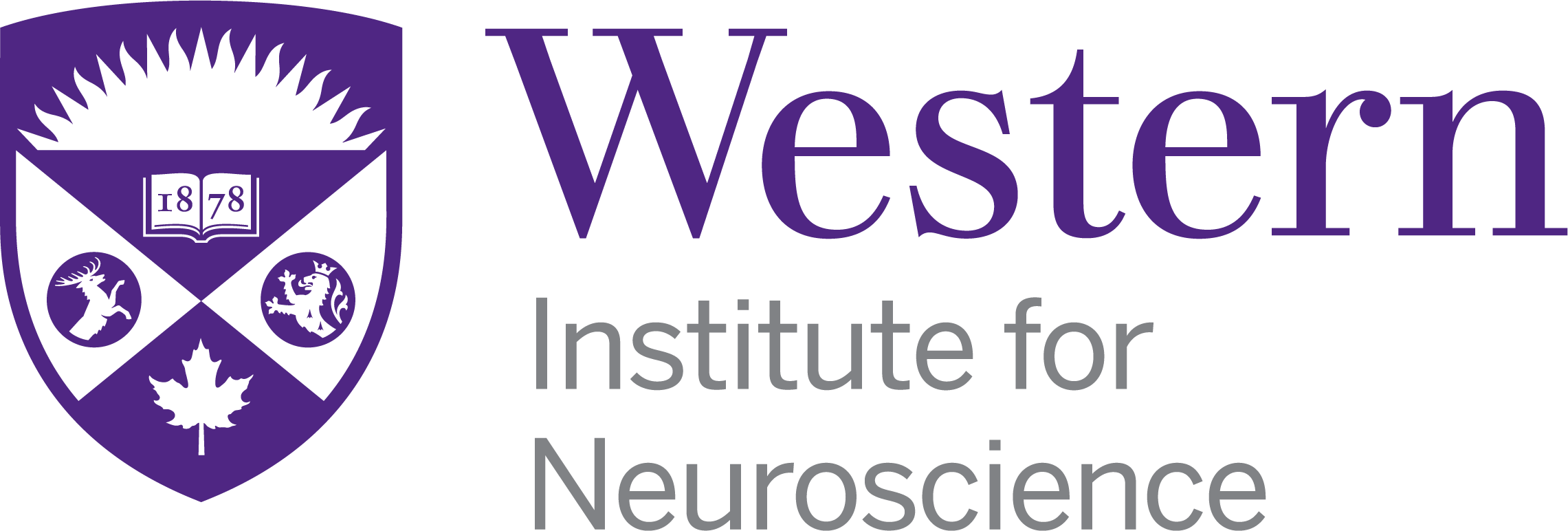Document Type
Article
Publication Date
4-1-2022
Journal
Journal of Neurophysiology
Volume
127
Issue
4
First Page
995
Last Page
1006
URL with Digital Object Identifier
10.1152/jn.00631.2020
Abstract
We investigated motor skill learning using a path tracking task, where human subjects had to track various curved paths at a constant speed while maintaining the cursor within the path width. Subjects' accuracy increased with practice, even when tracking novel untrained paths. Using a "searchlight"paradigm, where only a short segment of the path ahead of the cursor was shown, we found that subjects with a higher tracking skill differed from the novice subjects in two respects. First, they had lower movement variability, in agreement with previous findings. Second, they took a longer section of the future path into account when performing the task, i.e., had a longer planning horizon. We estimate that between one-third and one-half of the performance increase in the expert group was due to the longer planning horizon. An optimal control model with a fixed horizon (receding horizon control) that increases with tracking skill quantitatively captured the subjects' movement behavior. These findings demonstrate that human subjects not only increase their motor acuity but also their planning horizon when acquiring a motor skill.



